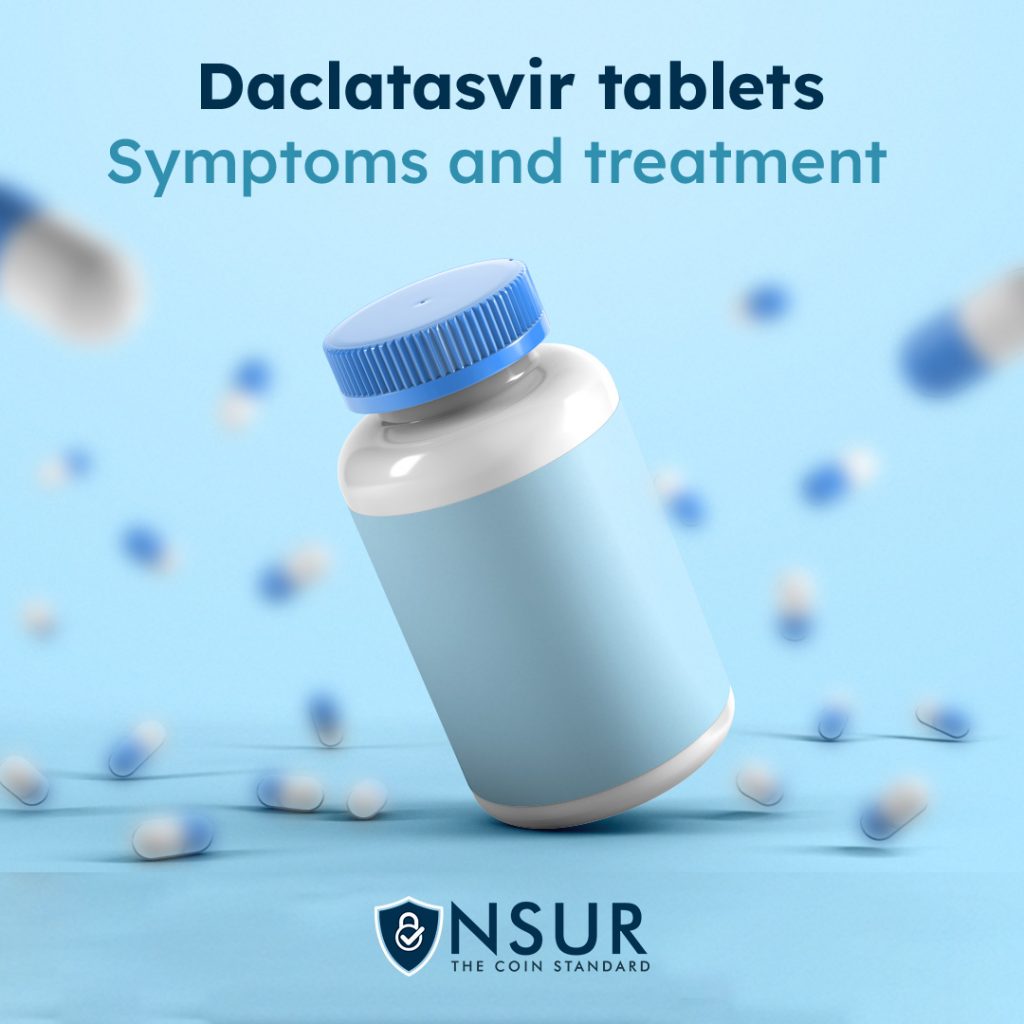
Aripiprazole, commonly known by its brand name Abilify, is an important tool in the fight against several severe mental conditions. This medication falls under the category of atypical antipsychotics, a second-generation class of drugs used to manage conditions like schizophrenia, bipolar disorder, and even some forms of depression. Today, we take a closer look at this potent medication, its mechanism of action, its benefits, potential side effects, and its role in contemporary psychiatric care.
Aripiprazole and Its Mechanism of Action
Unlike typical antipsychotics, which primarily block dopamine receptors, aripiprazole is unique because it’s a partial dopamine agonist1. It’s also unique in the atypical antipsychotic category for the same reason. This means that it doesn’t just block dopamine but can stimulate its receptors under certain conditions. This dual activity helps normalize dopamine levels in the brain, crucial for managing disorders related to dopamine imbalances2.
Uses of Aripiprazole
Aripiprazole is used primarily in treating schizophrenia, a severe mental disorder characterized by hallucinations, delusions, and disturbed thinking. It’s also used in managing manic and mixed episodes in bipolar disorder3.
Furthermore, Aripiprazole plays a role in the treatment of major depressive disorder (MDD) as an add-on treatment when other antidepressants don’t provide sufficient symptom relief4.
The Benefits and Side Effects
One of the notable benefits of aripiprazole is its relatively low risk for weight gain, a common concern with many antipsychotic medications5. Its unique mechanism of action, which ensures a balance of dopamine activity, also reduces the risk of movement disorders associated with typical antipsychotics6.
However, like all medications, aripiprazole does have potential side effects. Some people may experience dizziness, nausea, or trouble sleeping. It may also cause some metabolic changes and should be used cautiously in people with pre-existing heart conditions7.
The Role of Aripiprazole in Psychiatry
The unique mechanism of action, efficacy, and lower side effect profile makes aripiprazole a popular choice among clinicians. However, as with all antipsychotics, it should only be used under careful medical supervision. It’s important to work with healthcare providers to monitor symptoms and side effects, adjust dosages, and determine the best overall treatment strategy.
Take advantage of NSURx for your prescription drugs!
With the NSURx Prescription Benefit Card, you can save money on your medications at more than 35,000 pharmacies across the United States.
You can save up to 80% on your medication by using an NSURx card. Hundreds of dollars in savings could be yours every time you fill out your prescription.
The more you shop with NSURx, the more NSUR Coins you will receive as a reward.
Aripiprazole represents the advances made in psychiatric medication over the years. Its unique properties illustrate how modern medicine is increasingly personalized, taking into account the diversity of biochemical responses among patients. Despite its benefits, it’s important to remember that medication is just one part of comprehensive psychiatric care, which also includes psychotherapy, lifestyle changes, and social support.
Footnotes
- Aripiprazole, a novel atypical antipsychotic drug with a uniquely robust pharmacology – NCBI ↩
- Mechanism of action of aripiprazole – NCBI ↩
- FDA: Abilify (aripiprazole) label ↩
- Aripiprazole augmentation in major depressive disorder: a double-blind, placebo-controlled study in patients with inadequate response to antidepressants – NCBI ↩
- The role of aripiprazole in the treatment of bipolar disorder – NCBI ↩
- Clinical implications of aripiprazole’s partial dopamine D2 receptor agonist activity – NCBI ↩
- Abilify Side Effects: Common, Severe, Long Term – Drugs.com ↩
Disclaimer
This blog post is intended for informational purposes only and should not be considered a substitute for professional medical advice. Always consult with a qualified healthcare provider for personalized recommendations and guidance.











